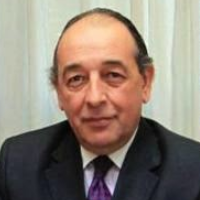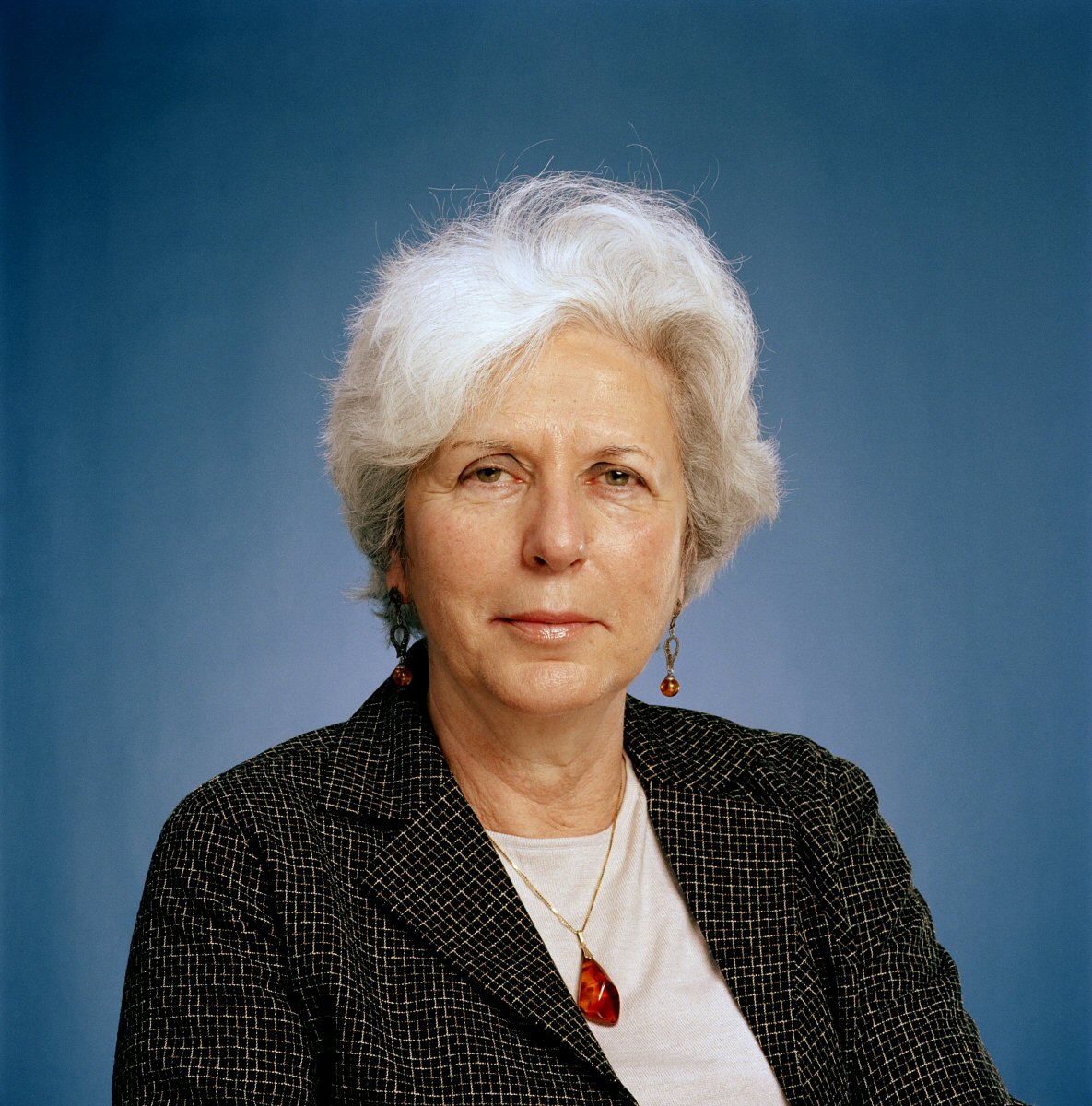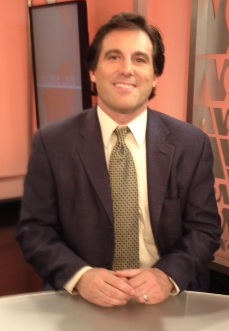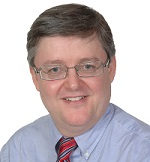Tunisia's Landmark
Presidential Elections:
Referendum, Revolution or Restoration?
Tuesday, December 2, 2014
1:30 to 3:30 p.m.
National Press Club
529 14th St. NW, 13th Floor
Fourth Estate Restaurant
Washington DC 20045
Light refreshments will be served
His Excellency Mohamed Ezzine Chelaifa
Tunisian Ambassador to the United States (invited)
Radwan Masmoudi
President, Center for the Study of Islam and Democracy
Jeffrey England
Deputy Regional Director for MENA, National Democratic Institute
Hal Ferguson
Deputy Regional Director for MENA, International Republican Institute
Robert Worth
William Lawrence
Center for the Study of Islam & Democracy
 His Excellency Mohamed Ezzine Chelaifa presented his credentials as Tunisia's ambassador to the United States on March 10, 2014, his fourth ambassadorial posting. Chelaifa was born in the coastal town of Mahdia, Tunisia and attended Aix-Marseille University, earning a bachelor's degree in political science, a masters in international relations, and a Ph.D. in economics. Chelaifa joined the Ministry of Foreign Affairs in 1983 and served in Madrid, where he and his wife Laila's two sons were born. Chelaifa's first posting to Washington came in 1996, when he was named deputy chief of mission, serving until 1999. He has served as ambassador to South Africa and Spain and briefly as Tunisia's first ambassador to Australia. Chelaifa speaks English, French, Spanish and Arabic.
His Excellency Mohamed Ezzine Chelaifa presented his credentials as Tunisia's ambassador to the United States on March 10, 2014, his fourth ambassadorial posting. Chelaifa was born in the coastal town of Mahdia, Tunisia and attended Aix-Marseille University, earning a bachelor's degree in political science, a masters in international relations, and a Ph.D. in economics. Chelaifa joined the Ministry of Foreign Affairs in 1983 and served in Madrid, where he and his wife Laila's two sons were born. Chelaifa's first posting to Washington came in 1996, when he was named deputy chief of mission, serving until 1999. He has served as ambassador to South Africa and Spain and briefly as Tunisia's first ambassador to Australia. Chelaifa speaks English, French, Spanish and Arabic.
 Radwan Masmoudi is founding President of the Center for Study of Islam and Democracy (CSID), a Washington-based non-profit think tank dedicated to promoting dialogue about democracy in the Muslim world. He is also the editor of the Center's quarterly publication, Muslim Democrat. He has written and published several articles and papers on the topics of democracy, diversity, human rights, and tolerance in Islam. He is active with local Muslim organizations and was elected to the board of directors of the Muslim Community Center in Silver Spring, Maryland. He is member of the Islamic Society of North America (ISNA), the Tunisian Scientific Society (TSS), and the board of the American Council for the Study of Islamic Societies (ACSIS) and the International Forum for Islamic Dialogue (IFID). In April 2012, he was elected to the Steering Committee of the World Movement for Democracy.
Radwan Masmoudi is founding President of the Center for Study of Islam and Democracy (CSID), a Washington-based non-profit think tank dedicated to promoting dialogue about democracy in the Muslim world. He is also the editor of the Center's quarterly publication, Muslim Democrat. He has written and published several articles and papers on the topics of democracy, diversity, human rights, and tolerance in Islam. He is active with local Muslim organizations and was elected to the board of directors of the Muslim Community Center in Silver Spring, Maryland. He is member of the Islamic Society of North America (ISNA), the Tunisian Scientific Society (TSS), and the board of the American Council for the Study of Islamic Societies (ACSIS) and the International Forum for Islamic Dialogue (IFID). In April 2012, he was elected to the Steering Committee of the World Movement for Democracy.
 Marina Ottaway is Senior Scholar at the Woodrow Wilson Center and a long-time analyst of political transformations in Africa, the Balkans, and the Middle East. She is working on a project at the Wilson Center on the Arab Spring and Iraq. Ottaway joined the Wilson Center after 14 years at the Carnegie Endowment for International Peace, where she played a central role in launching the Middle East Program. Prior to that she carried out research in Africa and the Middle East for many years and taught at Georgetown University, the Johns Hopkins School for Advanced International Studies, and the American University in Cairo. Her extensive research experience is reflected in her publications, which include nine authored books and six edited ones. Ottaway received her Ph.D. from Columbia University.
Marina Ottaway is Senior Scholar at the Woodrow Wilson Center and a long-time analyst of political transformations in Africa, the Balkans, and the Middle East. She is working on a project at the Wilson Center on the Arab Spring and Iraq. Ottaway joined the Wilson Center after 14 years at the Carnegie Endowment for International Peace, where she played a central role in launching the Middle East Program. Prior to that she carried out research in Africa and the Middle East for many years and taught at Georgetown University, the Johns Hopkins School for Advanced International Studies, and the American University in Cairo. Her extensive research experience is reflected in her publications, which include nine authored books and six edited ones. Ottaway received her Ph.D. from Columbia University.
 Jeffrey England is Deputy Regional Director for NDI's Middle East and North Africa (MENA) division. From 2009 to 2012, Mr. England served as NDI's Resident Country Director for Morocco and Algeria and was the Institute's representative for the Maghreb North Africa until offices opened in Tunisia and Libya in mid-2011. Prior to assuming that post, Mr. England spent four years managing the Institutes's Maghreb portfolio from Washington, DC. Mr. England also opened the NDI office in Mauritania. He spearheaded cross-regional collaboration initiatives, including the launch of the Aswat platform, one of the first multilingual online hubs for democratic activists across the MENA region. He has led development of transparency initiatives, such as the launch of Morocco's first legislative citizen monitoring initiative, as well as the initial domestic election observation training and networking for Algeria, Tunisia, and Libyan activists prior to the Arab Spring. He has led and served on elections assessments and observation missions in Algeria, Bosnia and Herzogovina, Kuwait, Morocco, Tunisia, and the West Bank.
Jeffrey England is Deputy Regional Director for NDI's Middle East and North Africa (MENA) division. From 2009 to 2012, Mr. England served as NDI's Resident Country Director for Morocco and Algeria and was the Institute's representative for the Maghreb North Africa until offices opened in Tunisia and Libya in mid-2011. Prior to assuming that post, Mr. England spent four years managing the Institutes's Maghreb portfolio from Washington, DC. Mr. England also opened the NDI office in Mauritania. He spearheaded cross-regional collaboration initiatives, including the launch of the Aswat platform, one of the first multilingual online hubs for democratic activists across the MENA region. He has led development of transparency initiatives, such as the launch of Morocco's first legislative citizen monitoring initiative, as well as the initial domestic election observation training and networking for Algeria, Tunisia, and Libyan activists prior to the Arab Spring. He has led and served on elections assessments and observation missions in Algeria, Bosnia and Herzogovina, Kuwait, Morocco, Tunisia, and the West Bank.

Hal Ferguson began his career with the International Republican Institute (IRI) in 2004 in Afghanistan. In 2006 Ferguson transferred to Washington to manage IRI out-of-country training programs throughout the Middle East. In June 2008 Ferguson returned once again to the field as Director of Operations for IRI's Iraq program, where in addition to managing the administration of all Iraq field offices he developed and ran a program to bring Iraqi sheikhs further into democratic politics. In January 2010 he assumed overall management of the Iraq program, at that time the largest one at IRI. In April 2011 Ferguson became Deputy Director for the Middle East and North Africa division, where he is now responsible for overseeing diverse programs from Morocco to Pakistan.


CLICK HERE TO REGISTER FOR THE EVENT:

